February 6, 2026
The Visual Arts Department is thrilled to announce that MPA student artists won 28 Minnesota Scholastic Art Awards this year!
Congratulations to the artists for their achievements, and good luck to the Gold Key winners whose work will go on to compete at the national level.
Gold Key Award Recipients
- Ansel Streier ’26, Ceramics, “Green Jar”
- Camille Hirsch ’26, Painting, “Wolf in Sheep’s Clothing”
- Elizabeth Jacobson Faye ’27, Ceramics, “Growth Through Unity”
- Hazel Pelszynski ’28, Ceramics, “Ceramic Tiles”
- Jenny Liao ’28, Drawing, “Crimson Rest”
Silver Key Award Recipients
- Camille Hirsch ’26, Ceramics, “Chimera Fwan (Fawn + Swan)”
- Camille Hirsch ’26, Painting, “From Sunrise to Sunset”
- Nicole Kim ’27, Fashion, “Safety Is a Luxury”
- Jenny Liao ’28, Illustration, “Busy Stroll”
- Jenny Liao ’28, Painting, “Archangel Saint Michael”
Honorable Mention Recipients
- Camille Hirsch ’26, Painting, “An Extinction”
- Camille Hirsch ’26, Drawing, “Moroccan Horse and Wrangler”
- Camille Hirsch ’26, Painting, “Moroccan Horse and Handler”
- Camille Hirsch ’26, Painting, “Drawn”
- Camille Hirsch ’26, Mixed Media, “A Bug’s Eye View”
- Amy Xiang ’26, Painting, “The Art of Raw”
- Amy Xiang ’26, Mixed Media, “Broken Space”
- Yujin Byambatsogt ’26, Drawing, “Feeling Blue!”
- Yugin Byambatsogt ’26, Painting, “Across Borders”
- Thomas Dickson ’26, Painting, “The Heron’s Landing”
- Ash Klann ’26, Painting, “Bleeding Hearts”
- Alona Vietrova ’26, Painting, “MPLS”
- Olivia Collister ’27, Ceramics, “Melting Memories”
- Evie Minear ’27, Drawing, “Architectural Study in Ink”
- Hazel Pelszynski ’28, Ceramics, “Historical Coil Pot”
- Leo Stout ’28, Painting, “5-String Bass”
- Sofia K. ’30, Drawing, “Bubbles”
- Rosalie M. F. ’30, Printmaking, Flower Mandala


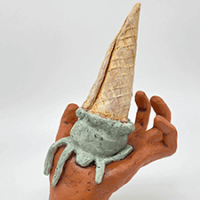


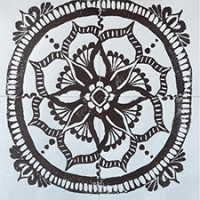




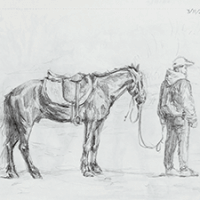

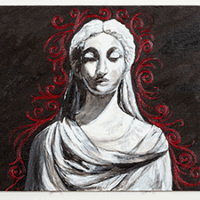





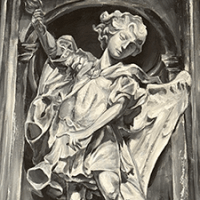
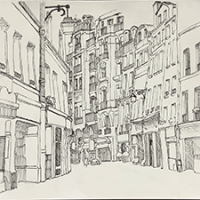
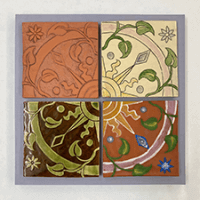
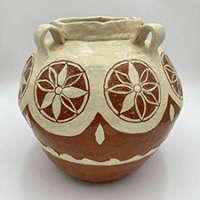
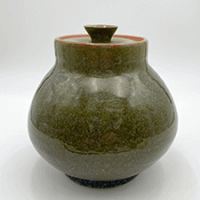
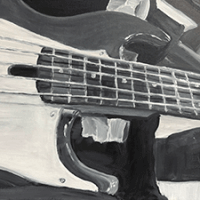


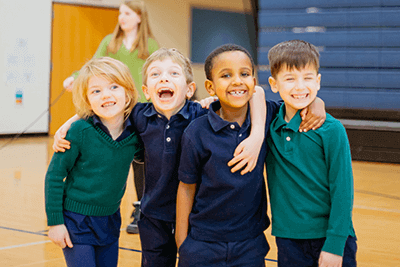 from Dr. Lori-Anne Brogdon, head of school
from Dr. Lori-Anne Brogdon, head of school Join us for the
Join us for the 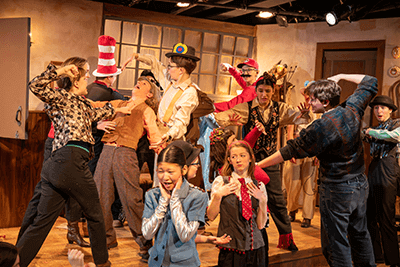 from Mark Segal, Upper School director
from Mark Segal, Upper School director from Dr. Lori-Anne Brogdon, head of school
from Dr. Lori-Anne Brogdon, head of school from Mark Segal, Upper School director
from Mark Segal, Upper School director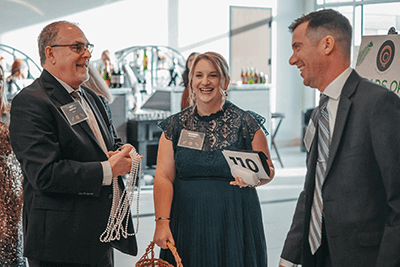 Mark your calendars for Friday, April 17, 2026! MPA’s largest and most spirited fundraising event of the year is back, and this time we’re bringing the party to Lowlands in St. Paul!
Mark your calendars for Friday, April 17, 2026! MPA’s largest and most spirited fundraising event of the year is back, and this time we’re bringing the party to Lowlands in St. Paul!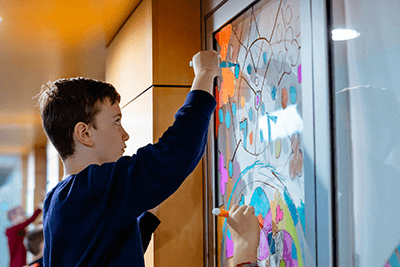 from Dr. Lori-Anne Brogdon, head of school
from Dr. Lori-Anne Brogdon, head of school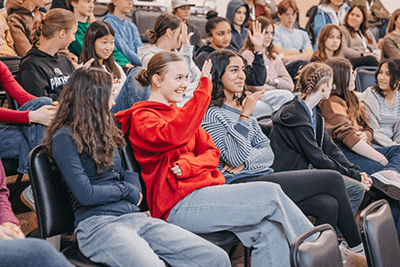 Mounds Park Academy gives Holland the space to grow her interests while pushing her academically. Keep reading for the five things she thinks you should know about the MPA.
Mounds Park Academy gives Holland the space to grow her interests while pushing her academically. Keep reading for the five things she thinks you should know about the MPA. from Mark Segal, Upper School director
from Mark Segal, Upper School director